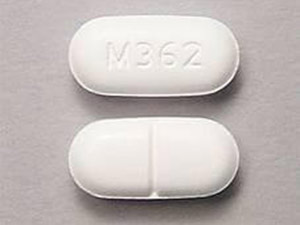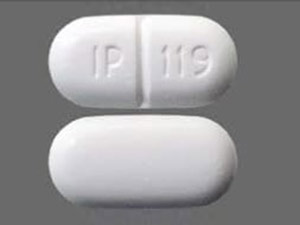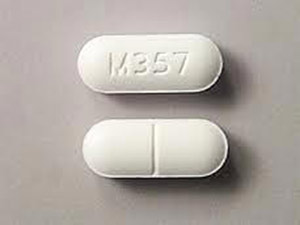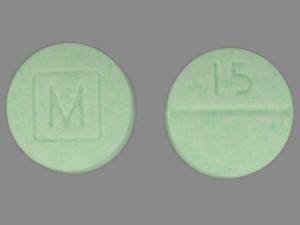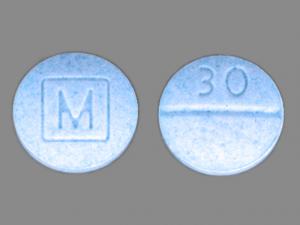Showing all 16 results
What Are Opioids?
Opioids are a type of medication that doctors prescribe to relieve pain. They’re often used to treat moderate to severe pain after surgery or an injury. Some common types of opioids include:
While opioids can be helpful in treating pain, they can also be addictive and have some serious side effects.
That’s why it’s important to take them only as prescribed by your doctor.
Furthermore, opioids come in different forms, such as pills, capsules, or liquids. Your doctor will determine the correct dose and form for you based on your medical history, pain level, and other factors.
It’s essential to follow your doctor’s instructions, and never take more than prescribed or for a longer period than recommended.
These drugs are often prescribed by doctors to help manage pain after a surgery or injury. However, opioids can also be used recreation ally, which means people use them to get high instead of for medical reasons. This is super dangerous, because opioids are highly addictive and can cause serious harm if not used correctly.
Finally, opioids can interact with other medications, so it’s important to tell your doctor about all the medications you’re taking, including over-the-counter drugs and supplements.
How to Take Opioids Safely?
Now that you know what opioids are, let’s talk about how to take them safely. Here are some tips to follow:
- Take the medication precisely as your doctor has advised.
- Don’t crush, break, or chew the tablets unless your doctor tells you to.
- Avoid alcohol and other drugs that can interact with opioids.
- Even if someone else has the same symptoms as you, never share your prescription with them.
- Store your medication in a safe and secure place, away from children and pets.
- If you experience any side effects, such as dizziness or nausea, talk to your doctor right away.
Additionally, it’s essential to be aware of the signs of opioid overdose, which can include:
- Difficulty breathing
- Extreme sleepiness
- Confusion
- Small pupils
- Bluish lips and nails
What are the Dosage Details for Opioids?
When it comes to opioids, it’s super important to take them exactly as your doctor prescribes. This means following the dosage instructions on the label and not taking more than you’re supposed to. Taking too much of an opioid can lead to serious health problems, including addiction and overdose.
If you’re taking opioids and are unsure about the dosage instructions, make sure to talk to your doctor or pharmacist. They can help you understand how much to take and when to take it.
What if I Miss a Dose?
If you miss a dose of your opioid medication, don’t panic. Here’s what you should do:
- If you remember within a few hours of the missed dose, take the medication right away.
- If your next dose is approaching, skip the missed one and take the following one as directed.
- To make up for a missed dose, don’t take more medication.
If you’re unsure about what to do, contact your doctor or pharmacist for advice.
What are the Side Effects of Opioids?
While opioids can be helpful in managing pain, they can also cause some pretty serious side effects.
- Nausea and vomiting: Opioids can cause stomach upset, which can lead to nausea and vomiting.
- Drowsiness: Opioids can make you feel super sleepy and tired.
- Dizziness: Opioids can cause you to feel dizzy or lightheaded, which can make it difficult to walk or stand.
- Constipation: Opioids can cause constipation, which is when you have trouble going to the bathroom.
- Slowed breathing: One of the most serious side effects of opioids is slowed breathing. This can be super dangerous, especially if you’ve taken too much of the drug.
- If you’re taking opioids and experiencing any of these side effects, it’s super important to talk to your doctor right away.

